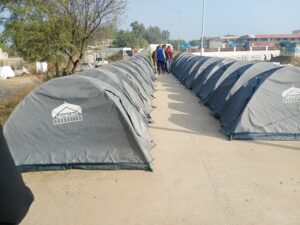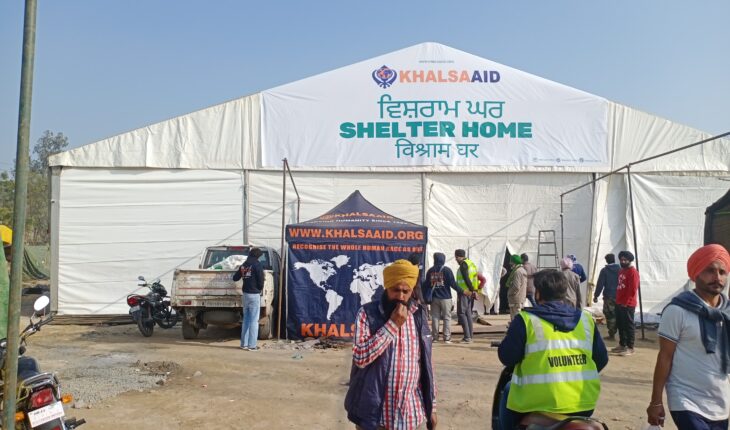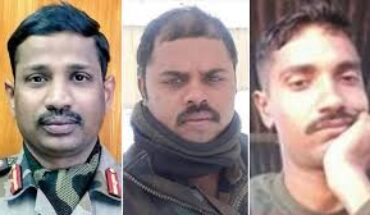Chhavi Bhatia
Tikri—As more farmers descend on different borders of Delhi to be part of the peaceful sit-in against the contentious farm laws, makeshift shelter homes have propped up at the sites. These ‘semi-permanent’ homes are courtesy non-profit organisations and individuals from different vocations who are prioritising security of scores of women farmers and children joining the stir going on for almost two months now. The new ‘homes’ are a welcome addition to safeguard from biting cold and rainy nights even though tractor trolleys remain the first choice to sleep in.
The Financial World visited ‘three tent cities’ at Tikri for a ground report on what they entail and the response they have received. About 100 water-proof tents have been pitched in at Tikri by NGO Hemkunt Foundation. They come complete with mattress and blankets. The tents, which more often than not are booked to the capacity, come in three different sizes, depending on which they are available for two, three or five adults along with children. A member of the team managing the tents said they have additional tents which they provide to protesters who pitch them up wherever they find space. A tent is available upon providing a refundable security fee of ₹ 1,000,

After successfully running a 600-bed full-to-capacity night shelter for farmers putting up at the Singhu border, NGO Khalsa Aid India has opened its second one at the Tikri border. A massive white tent stands out as the “semi-permanent” shelter by the international organisation. Touted to be “bigger and better than” the one at Singhu, it accommodates over 800 people, with separate areas marked for men and women. It is equipped with mattresses, blankets and pillows. German technology was used to make this night shelter. It is semi-permanent and much bigger than the one we have at Singhu. Also, we have made ample toilets for the convenience of farmers who would stay here,” said Amarpreet Singh, director, Khalsa Aid Project(Asia Chapter).
Few metres ahead of Khalsa Aid shelter is Mai Bhaago Rain Basera. Punjabi actress Sonia Mann has erected tarpaulin tents at New Bus Stand “specially” for women farmers and children. Upon visiting, FW found out that the place still required improvement in terms of basics like mattresses and blankets. While the caretaker at the site claimed that Mai Bhaago can house around 1500 people, given the limited number of tents, it does not seem to have the kind of space. The rain basera could also be a deterrent in view of its claustrophobic set up and fire safety hazards.




